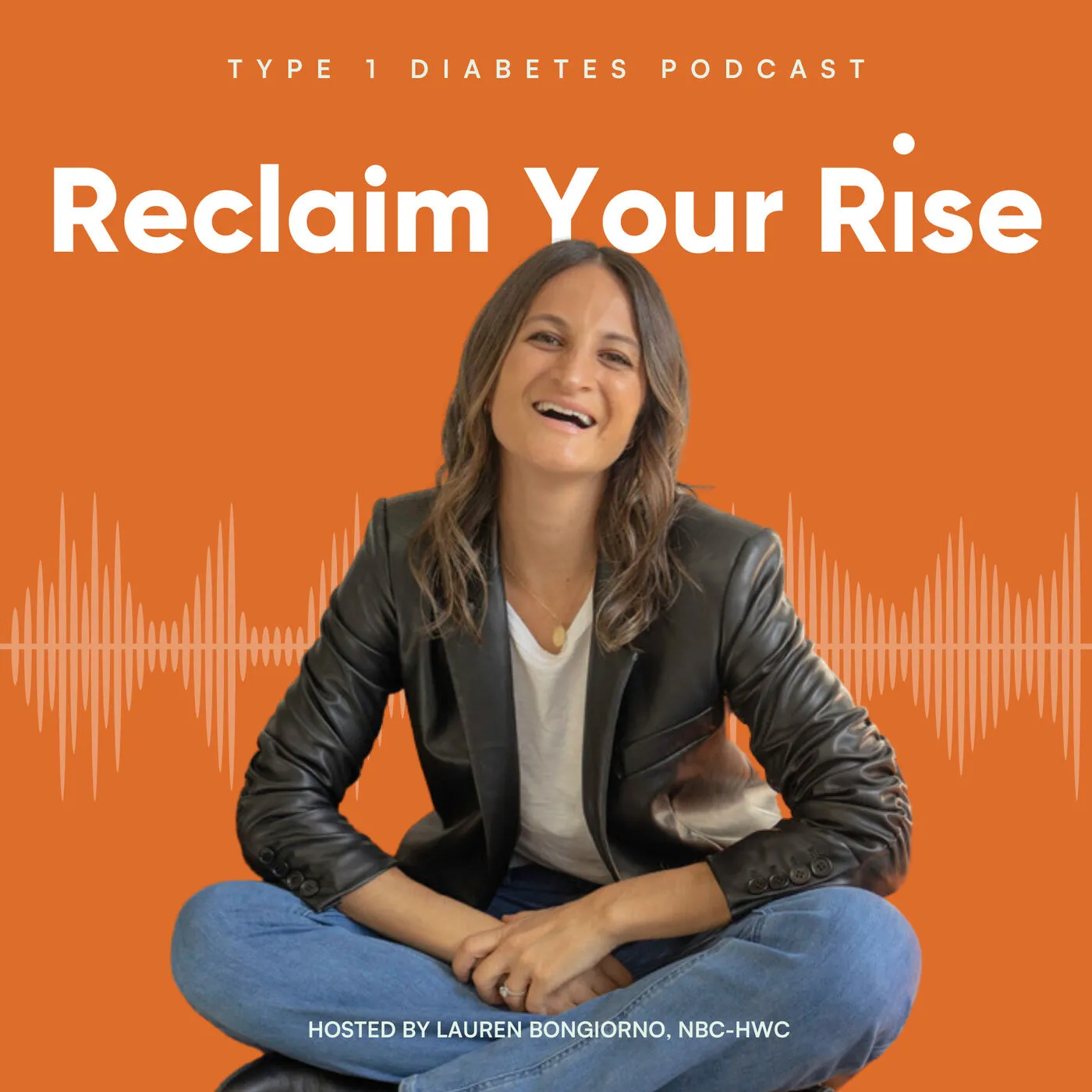We've gotten several reader questions about weight loss lately, so this post is a response to that topic.
I've always felt that the MOST important thing that needs to come before weight loss is not only helping people improve their blood sugars but also helping people fill their education gaps, improve their relationship to their diabetes, to food, to their body, and connect to a community of other Type 1’s in a nonjudgemental space where they can create transformation for themselves from a place of empowerment rather than shame and isolation.
However, we started to see many coaching members reporting weight loss at the end of programs, without even trying to focus on that which showed us what is possible when all of the above needs are met.
Based on both our coaching members and my own personal experience, I've boiled down 3 key points to weight loss with type one diabetes.
1. Finding body neutrality.
Before focusing on weight loss, it is crucial to address your relationships with yourself, your body, and your diabetes. A big part of healing these relationships is shifting into a place of body neutrality, which means taking the focus off of loving your body in order to be happy and instead creating acceptance of where your body is at any given time.
Think about this as the difference between being positive when you have a high blood sugar versus being neutral about it but not judgemental.
Another example is how I feel about wearing a pump on my arm….do I love it? No. But am I ashamed? No.
When we start to become neutral toward our bodies, it takes less pressure off of us, and we make fewer decisions out of EMOTION.
What helped me personally get to this point was realizing that my body and all of our bodies are going to change so many times in our lifetime, and that’s not good, not bad, it just is. And I didn’t want my love for myself to constantly fluctuate based on the number on the scale.
2. Once we can practice body neutrality, we can focus more on our overall health and blood sugars and less on aesthetics and weight.
When we focus on blood sugars and overall health instead of aesthetics, aesthetics often happen as a byproduct of the other changes we are making.
- Not as many lows that you end up over treating for
- Not as many highs that you are correcting for
- More consistency with exercise when it’s tied to an overall immediate goal like mood + energy vs. weight
When clients come to Risely, there are a good handful of people who have weight loss goals, but we tell them to leave that at the door because they are here to focus on their blood sugars. That being said, we do have clients who report weight loss by the end of their coaching programs, which is an outcome of better blood sugar management, improved relationship to self, food, and diabetes, stress reduction, etc.

- Overall areas to focus on:
- Blood sugar management - this is the foundation (even for non T1Ds!). Blood sugar regulation is critical for hormone balance, sleep quality, stress response, and more. For T1Ds especially, identifying blood sugar patterns supports your ability to strategize accordingly and prevent highs and lows (which = more insulin or more glucose). If your A1C or standard deviation is high or your time in range is low, this is where you need to start in order to see body composition changes.
- Once your blood sugars are stabilized, you can layer on lifestyle components such as:
- Sleep - the most critical for insulin sensitivity!
- Stress reduction - high cortisol = weight loss resistance
- Adding in more whole foods—no crash diets necessary. Instead, focus on reducing processed food intake and increasing plants, protein, and fiber.
- Increasing daily non "workout" movement - walks during the day, getting up out of your chair, sugar squats, etc.
3. Insulin is not something to be afraid of.
Bottom line: Insulin is NOT the problem. The lack of education around this topic is a problem however!
Giving our body the insulin it needs is not the culprit of weight gain. Excess insulin—basal rates, IC ratios, or correction factors that are set too high—can lead to more low blood sugars, which means you need to constantly take in more glucose/calories.... and that can make it difficult to lose weight. Getting your insulin settings right is important, but that does not mean that you should be afraid to take the insulin your body needs for the food you eat, etc.
It's also important to remember that there are FIVE other hormones that are related to appetite, insulin sensitivity, and glucagon production. Learn more about that HERE.

.png)



.jpg)